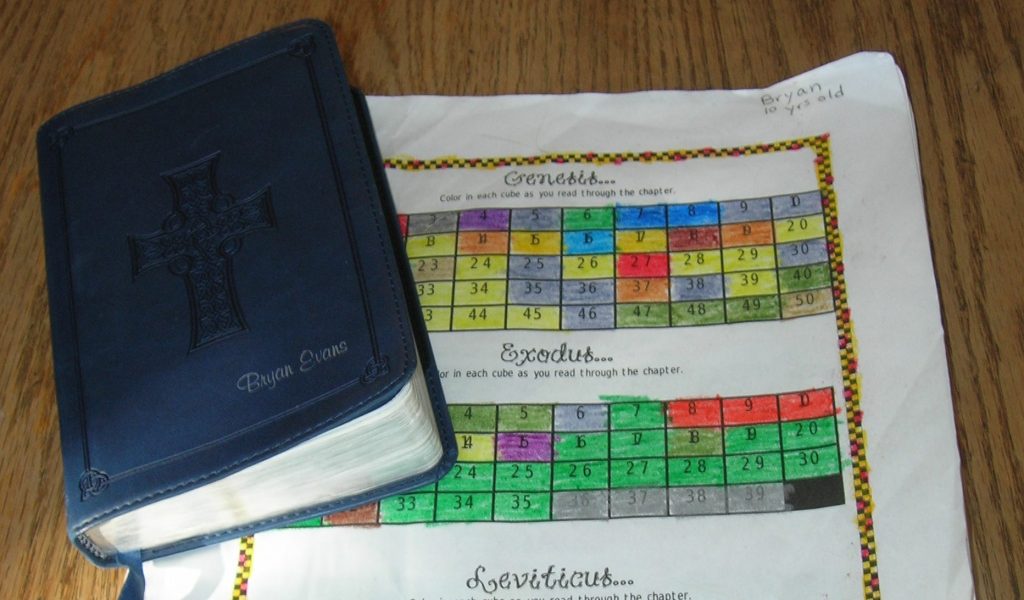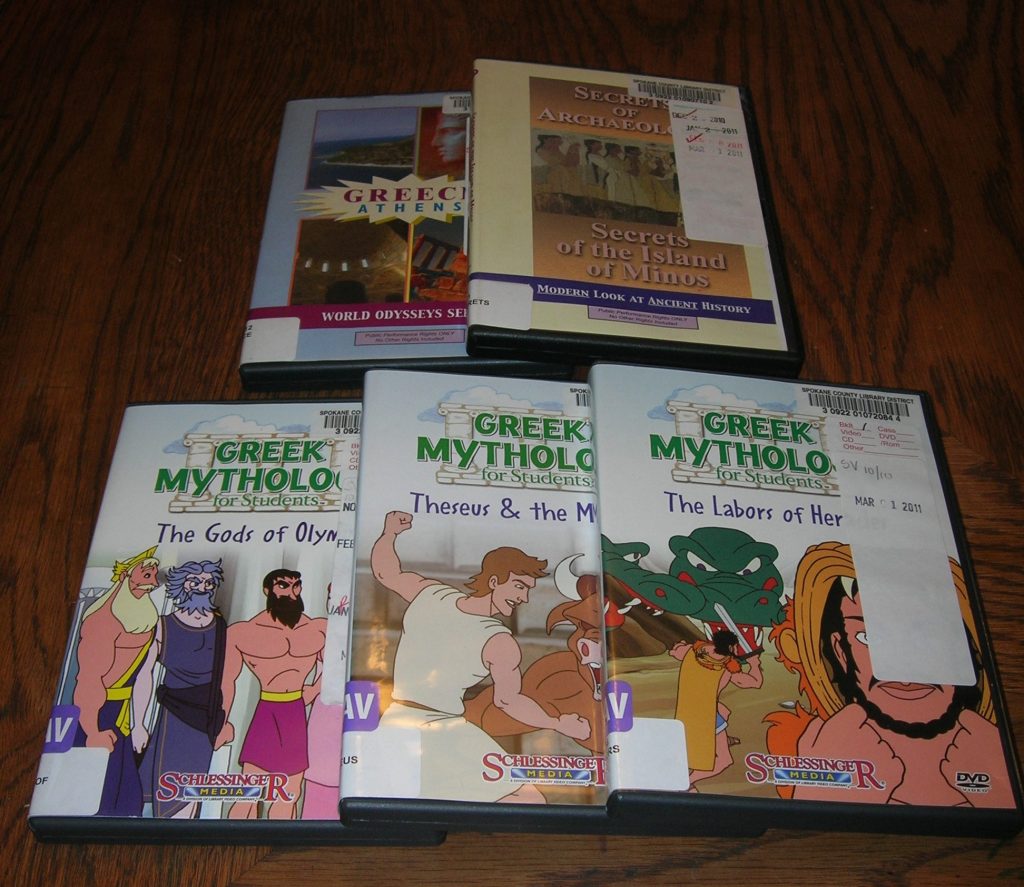 I’m trying to decide whether my 10-year-old son should take piano lessons or not. Let me start by saying that when I was a young teenager, my parents forced me to take piano lessons for two years. Two years of misery. Two years of doing something I was not good at, over and over again, willing my fingers to hit the right notes but failing. Pounding the notes louder and louder ’til I got in trouble. I hated those two years of mandatory music lessons. I’ve never played the piano since. Why would I? I was never any good at it.
I’m trying to decide whether my 10-year-old son should take piano lessons or not. Let me start by saying that when I was a young teenager, my parents forced me to take piano lessons for two years. Two years of misery. Two years of doing something I was not good at, over and over again, willing my fingers to hit the right notes but failing. Pounding the notes louder and louder ’til I got in trouble. I hated those two years of mandatory music lessons. I’ve never played the piano since. Why would I? I was never any good at it.
But did I learn anything from it? Perhaps perseverance. But that can be learned in other ways. Did I learn how to harmonize? Yes. But maybe I learned that in the boarding school choir. Did I learn to read notes in case it was an emergency and I needed to play the piano? Sort of. Not really. And what exactly is an emergency? Ever since I was a teenager, I wanted to be a missionary, and I envisioned myself in some rural village, married to a preacher who needed me to play the piano. But in what fantasy world would there be a piano in the middle of a poor rural village? And why couldn’t we sing a cappella? Voices with no instruments sound beautiful to me, more worshipful.
So would I ever be in a situation where it was mandatory to play an instrument? Now that I have entered middle age, I can confidently say no. The vast majority of the population never takes instrument lessons, and they’re not less smart. I don’t know why we as homeschool parents feel that if every single student of ours doesn’t take instrument lessons, they will end up being worse for it. What if they ended up using that same amount of time doing something they were good at, that would allow them to earn a scholarship to college? Or maybe they would just have a nicer life, not having something they despised in it.
Years ago when my oldest son was only six years old, I found a book that promised to teach you to play the piano in one afternoon. I used that to teach my children piano lessons. I had a small toy piano that was wooden. I got some cardboard and glued black felt to it. With chalk, I marked the music bars. I sprayed it with hair spray to keep it in place. Then I nailed it to the wall above the tiny piano. I made cream-colored felt notes, and I would place them in different places and ask my children which note it was. They learned to read notes. They learned the major chords. It took one month. I hated teaching it. It was the first time I hated teaching my kids. It was because my oldest son would throw a fit because he didn’t get the notes right the first time. He would scream and be frustrated and hit the piano. I was exhausted.
Yes, I see this situation as poetic irony, but I’ll move on.
My second son was only five years old, but he played the notes confidently the first time, with no instruction. It was such a joy to teach him music. My third son was three. He played the notes over and over until he got them right. He never got frustrated.
My second son, who was a natural, always had an affinity to playing the guitar. He would intently watch the worship leader’s fingers as he played the guitar. Finally after praying about it for years, we finally had enough money to buy him a guitar when he turned eight. We’ve paid for music lessons, and they’ve been worth it. He’s advancing quickly. He can tell if his guitar is out of tune. (I can’t.) He’s a natural. I don’t mind throwing my money at something that God obviously gave him as a gift.
Okay, now comes the story of my oldest son. His mind is incredible. He’s going to be a mechanical engineer. He is an artist, too. He has a mathematical mind. He likes talking philosophically. But at church he sings loudly, completely off key. He has no pitch, and you remember how those simple piano lessons were like pulling teeth. I hesitate to give this boy piano lessons. Money is tight. Why waste the money and produce misery?
Another thing to keep in mind is that I prayed years ago that whenever God wanted me to pay for piano lessons for my oldest son, that God would give us a piano for free. Then I would know. I was so confident that this would never happen that I felt relieved that I didn’t have to think about it any more.
Until this Christmas, that is. Our in-laws got us an electronic keyboard. I panicked briefly, looked up at God, and asked him if that counted as a piano? I still don’t have my answer. To complicate matters, my oldest son thinks he wants to take piano lessons. I know that learning piano is supposed to be good for your mind, but so are a lot of other activities that might be more productive. Please comment below and tell me your opinion as to what I should do. I just feel that the decision needs to be made now, because when my son is in high school, he will have way more subjects to study, possible apprenticeships, part time jobs, and other interesting things. In my mind, it’s now or never.







